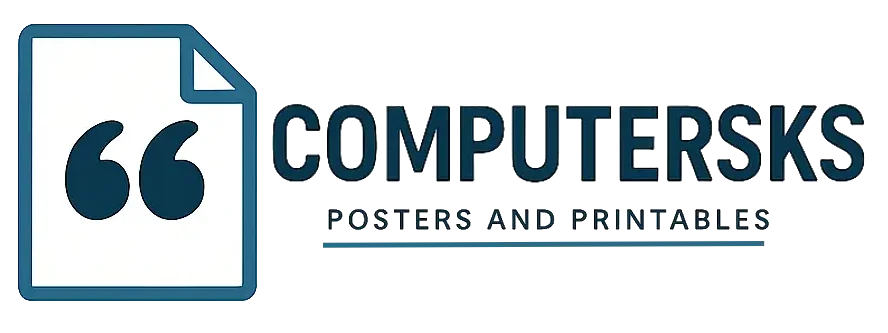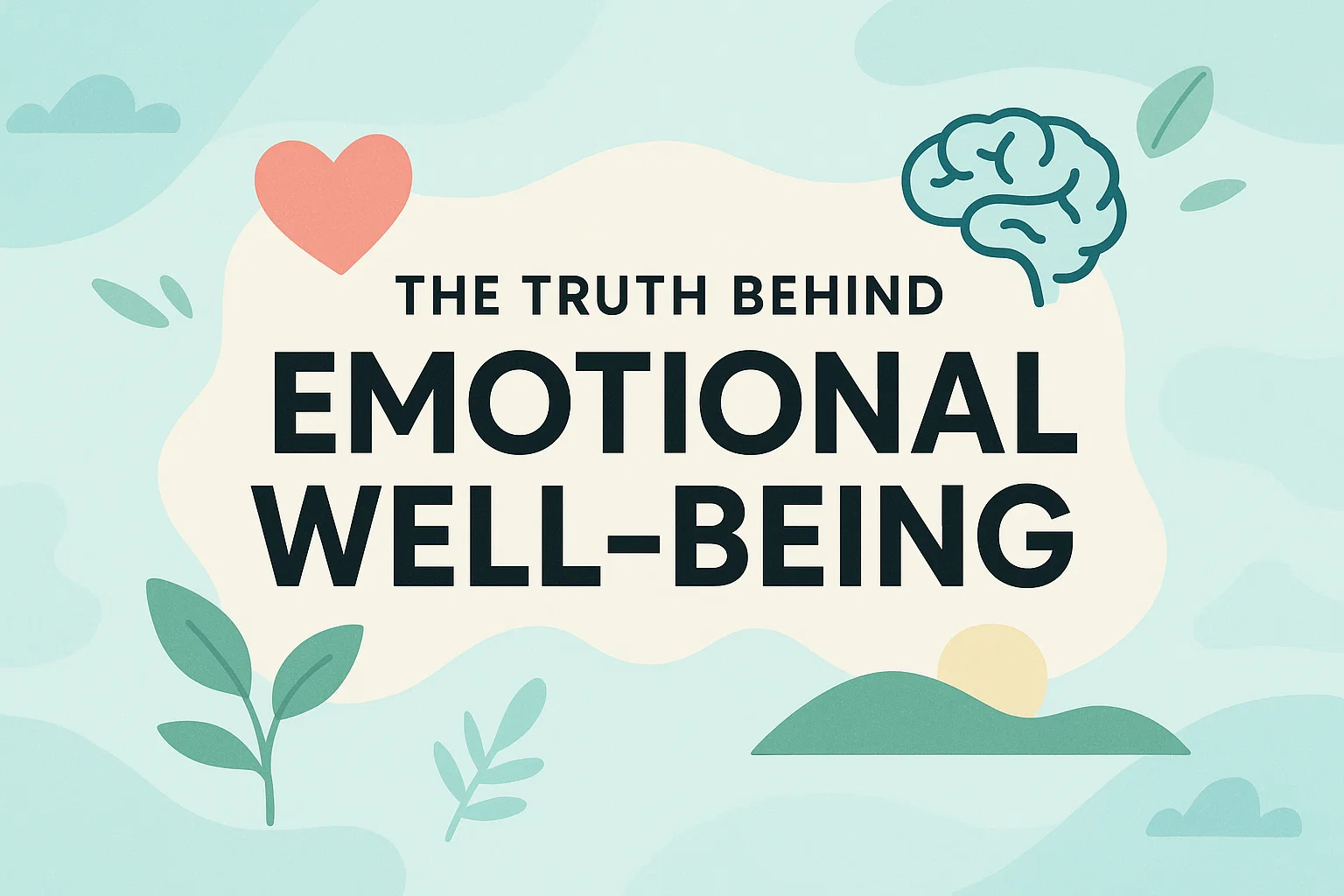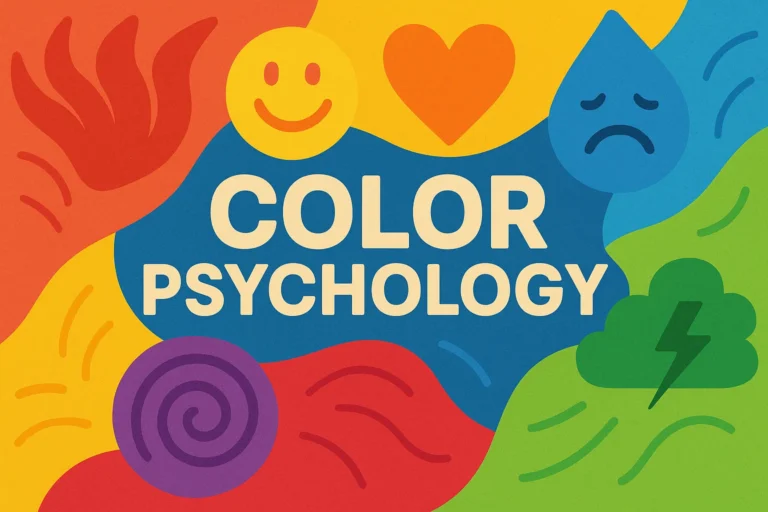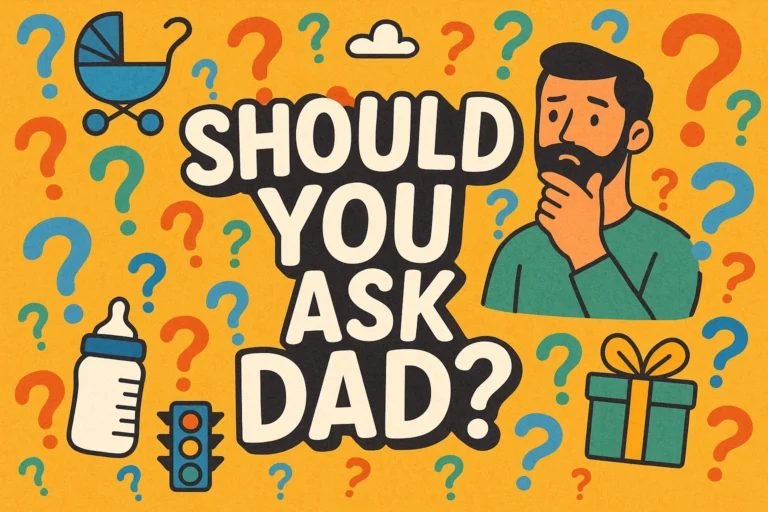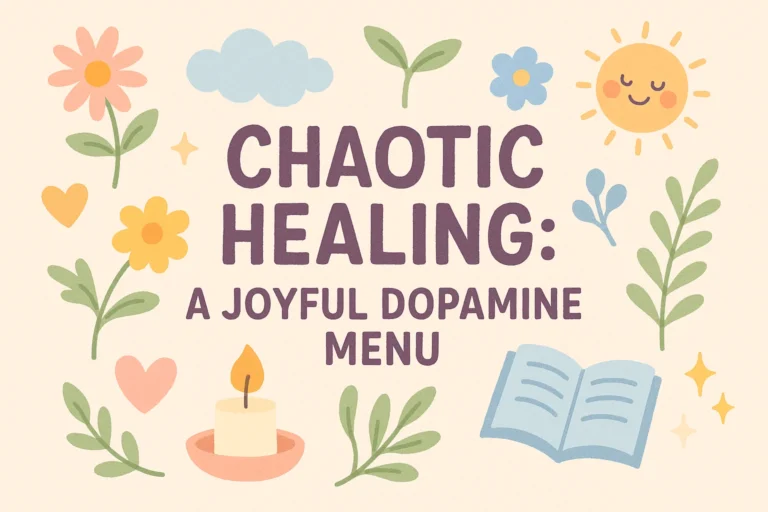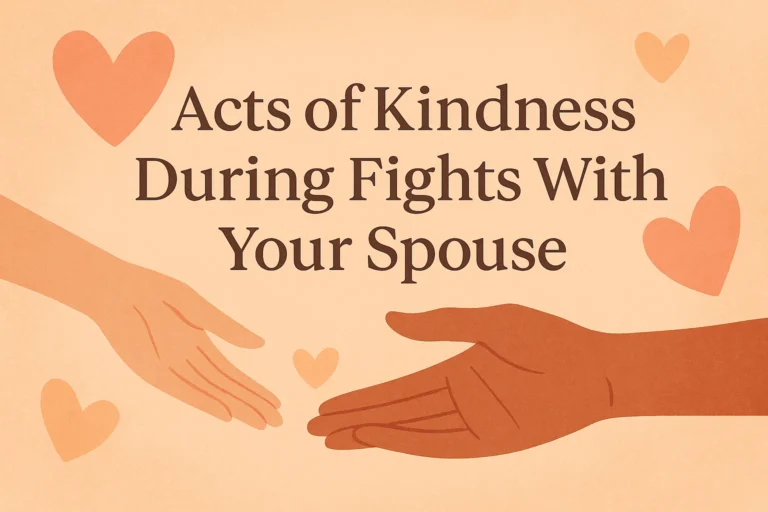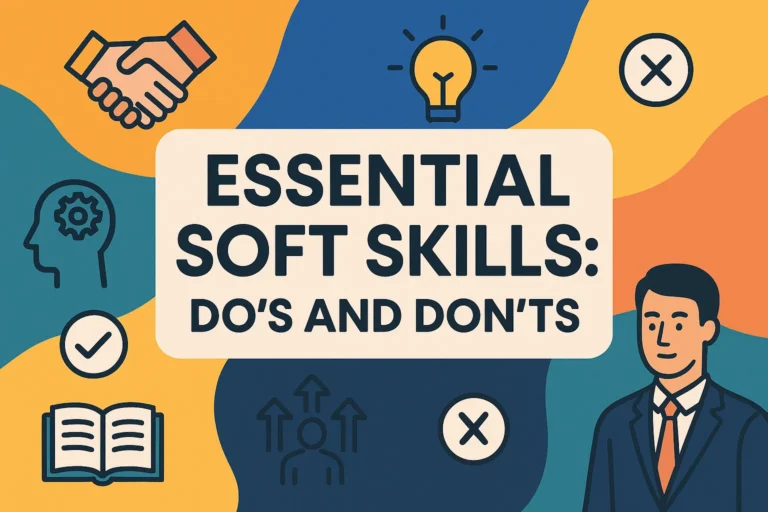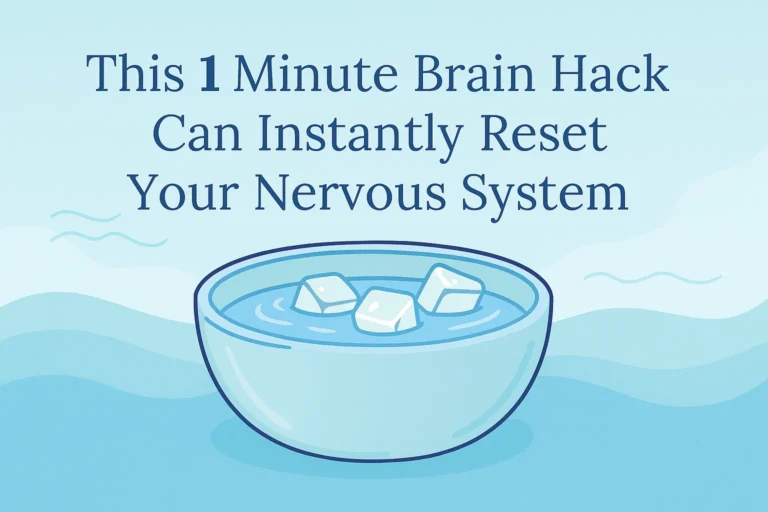Exploring the Truth Behind Emotional Well-Being Soft Skills Psychology Insights
Exploring the Truth Behind Emotional Well-Being: Soft Skills Psychology Insights
Let’s be real for a second. When you hear the term “emotional well-being,” what’s the first thing that pops into your head? Is it a serene-looking person meditating on a mountaintop at sunrise? Or maybe it’s the vague, slightly annoying advice to “just be positive!” that you see plastered all over social media?
Yeah, I get it. It can feel a bit…fluffy. For the longest time, I thought emotional well-being was this mystical destination you arrived at once you’d figured out all of life’s secrets. Spoiler alert: it’s not. I’ve come to learn it’s far less about mystical enlightenment and way more about practical, everyday psychology. It’s about the soft skills we rarely get formally taught but desperately need to navigate this messy, beautiful thing called life.
So, grab a coffee, get comfortable, and let’s unpack this together. Forget the jargon and the guru-speak; we’re going to explore what this actually looks like in the real world.
What Even Is Emotional Well-Being, Really?
At its core, emotional well-being isn’t about being happy 24/7. If that’s the goal, we’ve all failed miserably. Trying to be constantly happy is like trying to hold your breath forever—exhausting and completely missing the point.
True emotional well-being is your ability to navigate the entire spectrum of human emotions effectively. It’s about feeling your anger, sadness, fear, and joy without any one of them completely hijacking the steering wheel of your life. It’s the difference between saying, “I am angry” and “I am feeling anger.” The first one becomes your identity; the second is a temporary state you’re observing and managing. Pretty big difference, right?
Think of it like this: high emotional well-being means you have a well-equipped emotional toolkit. When life throws a wrench in your plans (and it will), you don’t just stand there staring at the broken mess. You rummage through your kit and pull out the right tool for the job.
Your Brain’s Secret Superpower: Emotional Regulation
Okay, let’s get into the first major tool in your kit. This one’s a game-changer.
Ever had one of those days where a minor inconvenience—like spilling coffee on your shirt—completely ruins your mood for hours? You snap at a colleague, feel impatient in traffic, and generally walk around with a cloud over your head. What’s happening there?
That, my friend, is a classic example of your emotional regulation system needing a little tune-up. Emotional regulation is the skill of managing and responding to your emotional experiences in a healthy way. It’s not about suppressing your feelings. It’s about acknowledging the coffee-spill frustration so it doesn’t metastasize into full-blown, day-wrecking rage.
I used to be terrible at this. A bad email could send me into a tailspin of grumpiness. What helped? Naming it. Seriously. I started literally saying to myself, “Whoa, I’m feeling really frustrated and defensive right now.” Just that simple act of labeling the emotion creates a tiny bit of space between you and the feeling. In that space, you find your choice. You can choose how to respond, rather than just blindly reacting.
Why Your Social Skills Are a Direct Line to Your Mental Health
Here’s a truth bomb we often ignore: humans are social creatures. IMO, our emotional well-being is inextricably linked to the quality of our connections. This is where soft skills like empathy and effective communication come in—they’re not just for corporate team-building exercises.
Empathy, in particular, is wildly misunderstood. It’s not about feeling sorry for someone. It’s the ability to understand and share the feelings of another. It’s stepping into their shoes, even if just for a moment. And guess what? This isn’t just good for them; it’s incredibly healing for you.
When you practice genuine empathy, you get out of your own head. You break the cycle of ruminating on your own problems by connecting with someone else’s experience. It builds deeper, more supportive relationships, which are the ultimate safety net for your mental health. Ever had a tough day completely turned around by a good, deep chat with a friend? That’s not a coincidence. That’s psychology in action 🙂
The Art of the Inner Chat: Self-Talk and Resilience
Alright, let’s talk about the voice inside your head. You know the one. The narrator of your life that sometimes sounds like a supportive coach and other times like a brutal critic.
The way you talk to yourself—your self-talk—is arguably the most important conversation you have all day. Are you your own biggest cheerleader or your own worst bully? Your emotional well-being hinges on the answer.
Resilience isn’t about avoiding failure; it’s about how you talk to yourself when you fail. Do you say, “I’m such an idiot, I always mess things up”? Or do you say, “Okay, that didn’t work. What can I learn from this?”
Shifting your self-talk from critical to curious is a superpower. It transforms setbacks into learning opportunities and stops a single negative event from defining your entire self-worth. This isn’t about fake positivity; it’s about compassionate realism. FYI, it takes practice, but it’s so worth it.
Building Your Personal Toolkit: It’s Easier Than You Think
This all might sound great in theory, but how do you actually do it? How do you build these skills? The good news is, you don’t need a psychology degree. You just need a little intentionality.
Here are a few simple, no-BS strategies to start strengthening your emotional soft skills today:
- The Pause Button: Before you react to a strong emotion, hit pause. Take one deep breath. Ask yourself: “What am I feeling right now, and what do I really need?” This five-second pause can prevent 95% of regrettable reactions.
- Journaling (But Make It Easy): You don’t need to write essays. Just spend two minutes jotting down your feelings. No filter. It gets the chaotic thoughts out of your head and onto paper, where they look a lot less intimidating.
- Active Listening: Next time you’re in a conversation, try to focus 100% on understanding the other person, not on crafting your next response. You’ll be amazed at how this deepens your connections.
- Reframe the Narrative: Catch yourself using absolute language like “I always” or “I never.” Challenge it. Is it really always true? Probably not. Reframe it to “this time” or “sometimes.”
Wrapping It All Up: This Is a Practice, Not a Perfect
So, what’s the truth behind emotional well-being? It’s not a secret only a few enlightened beings possess. It’s a set of practical, learnable skills. It’s the daily practice of understanding your emotions, connecting authentically with others, and cutting yourself some slack.
It’s about building a toolkit that allows you to handle life’s inevitable storms without falling apart. Some days you’ll use all the right tools perfectly. Other days, you’ll fumble and use the emotional equivalent of a wrench to hammer a nail. And that’s okay.
The goal is progress, not perfection. So, which soft skill are you going to start practicing first? Your future, emotionally-well self will thank you for it.
